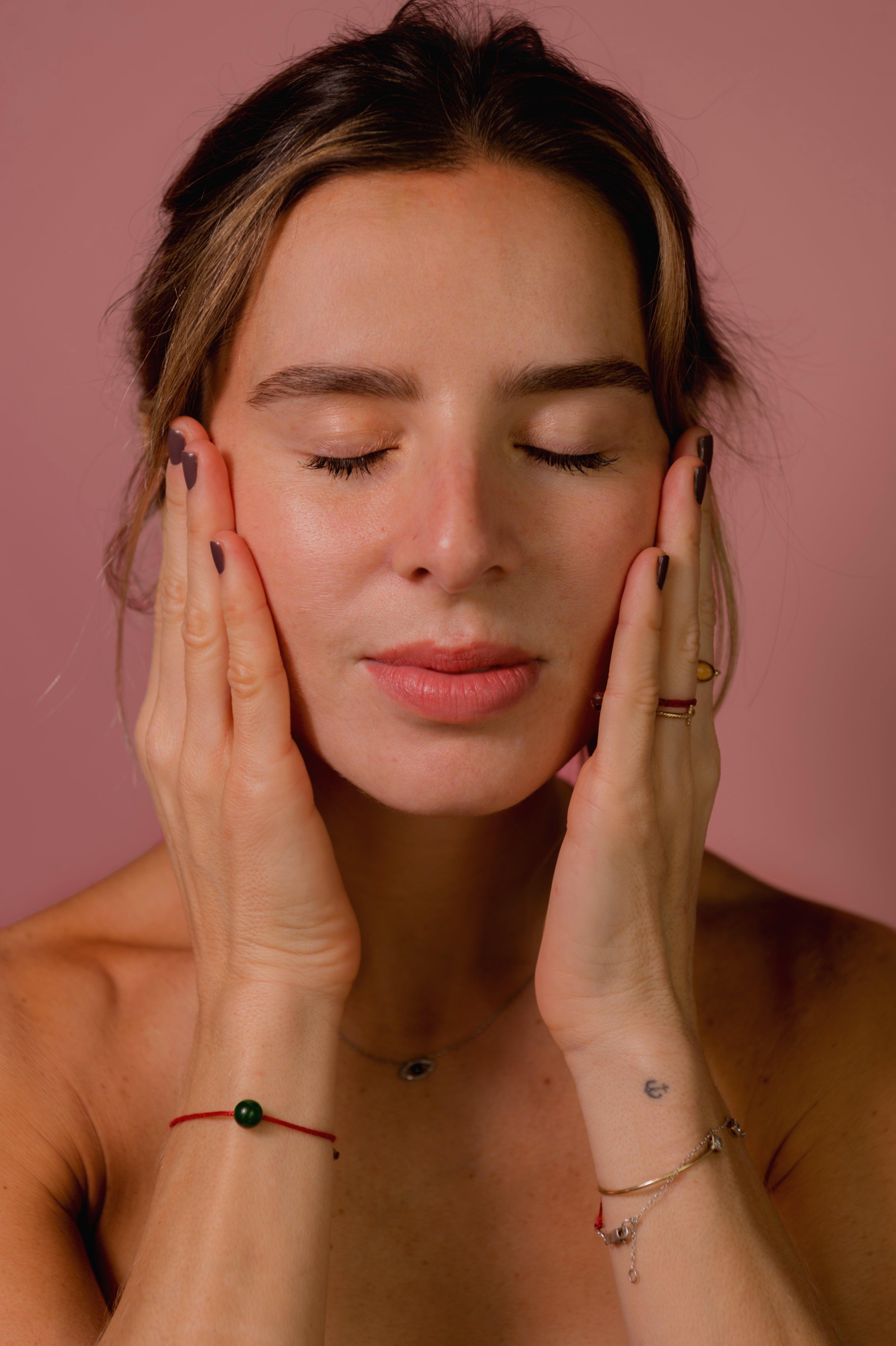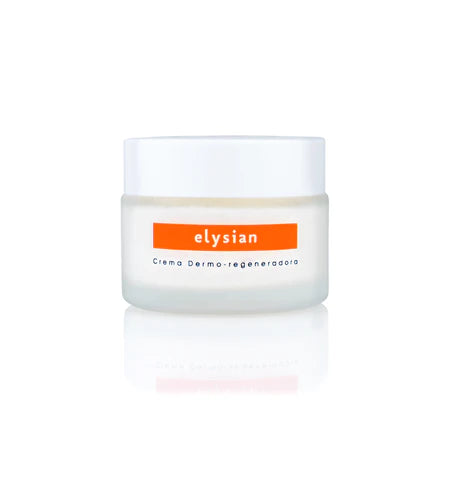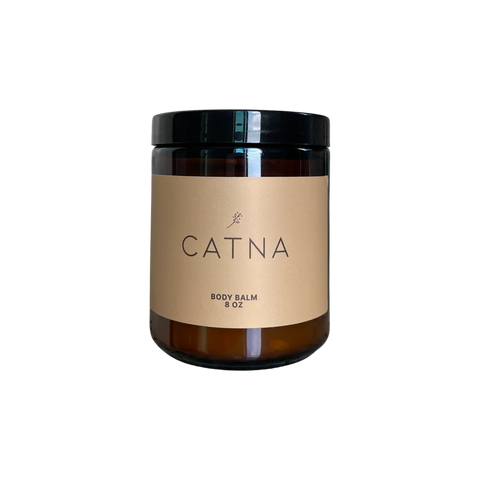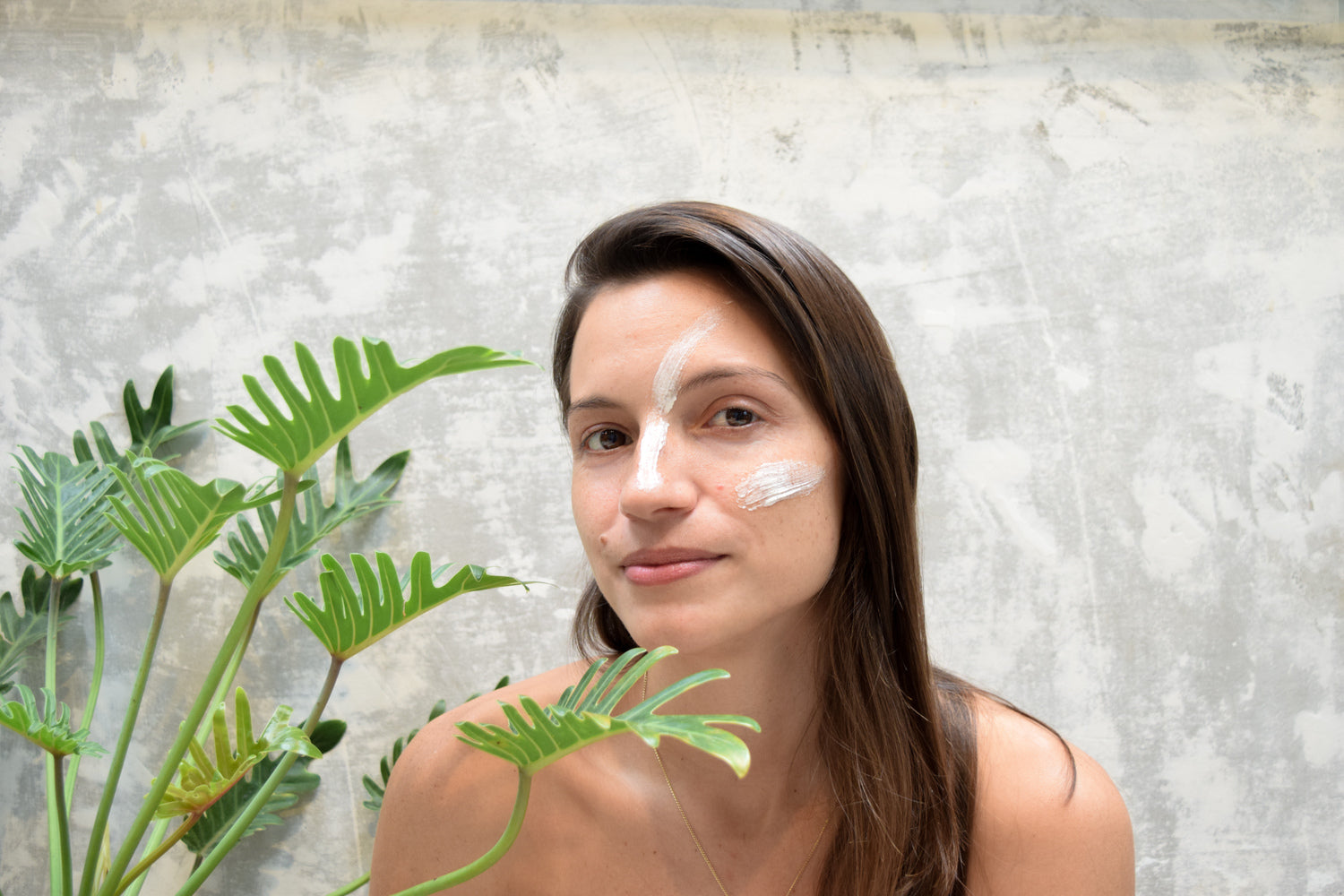
The Battle of Beauty Oils: Rosehip vs. Jojoba for Your Skincare Routine
Skincare oils are currently stealing the spotlight, and with so many options available, choosing the perfect one can feel like diving into a sea of choices. However, rosehip oil and jojoba oil are all the rage for a reason, offering a multitude of benefits for every skin type. Punto Suave looks into these oils for you, uncovering their distinct qualities and how they cater to diverse skincare needs. Going into the unique characteristics of rosehip and jojoba oil is crucial for curating a skincare routine that's tailored to your skin's specific needs. As oils continue to make waves in the beauty world, understanding their potential is the key to unlocking radiant, healthy skin.
What is Rosehip Oil?
Rosehip oil, also recognized as rosehip seed oil, showcases a remarkable spectrum of benefits that distinguishes it in the skincare domain. Harvested from wild rosehip bushes thriving in regions like the Andes, Africa, and Europe, this oil has garnered acclaim for its exceptional healing properties, particularly tailored for sensitive skin types. It serves as a natural elixir, deeply moisturizing and renowned for its anti-aging capabilities. Surprisingly, individuals with oily or acne-prone skin can also find relief, as its high linoleic acid content helps tackle acne concerns by balancing deficiencies. Moreover, its potent blend of antioxidants and essential fatty acids, such as omega-3 and omega-6, proves effective in combating hyperpigmentation.
What Makes Rosehip Oil Great for Your Skin?
Rosehip oil earns accolades for its remarkable advantages in promoting skin health. It acts as a potent infusion of essential nutrients that our bodies crave but are unable to produce independently. Brimming with antioxidants, fatty acids, and beta-carotene, it forms a formidable alliance that collaborates to maintain your skin's nourishment, repair, and radiance.
Benefits of Rosehip Oil For Your Skin
Protection Against Free Radicals
With its rich antioxidant content, including vitamin C, rosehip oil acts as a formidable shield against environmental aggressors like excessive sun exposure and pollution, safeguarding the skin from the harmful effects of free radicals.
Combatting Acne
Ideal for acne-prone skin, rosehip oil's lightweight texture and potent antibacterial properties make it an excellent choice for combating breakouts while preventing pore congestion. Its abundance of linoleic acid further aids in reducing acne, while vitamins work to address hyperpigmentation.
Hydration Boost
As a powerful hydrator, rosehip oil reinforces the skin's protective barrier with essential fatty acids, effectively locking in moisture and preventing dehydration.
Soothing Inflammation
Thanks to its anti-inflammatory properties, rosehip oil soothes irritated skin and demonstrates efficacy against various skin conditions such as eczema and neurodermatitis.
Brightening Complexion
Rosehip oil contains a potent blend of vitamin C and vitamin A, renowned for their ability to fade discoloration caused by acne, scars, and sun damage. By stimulating skin cell turnover, it contributes to a brighter, more radiant complexion.
Anti-Aging
Facilitating cell turnover, rosehip oil diminishes hyperpigmentation, lightens scars, and reduces wrinkles, promoting smoother, more youthful-looking skin. Vitamin A plays a pivotal role in stimulating collagen production, resulting in plumper, firmer skin.
Universal Appeal
Gentle and non-comedogenic, rosehip oil caters to all skin types, providing nourishment without causing congestion. While particularly beneficial for dry and lackluster skin, its versatility ensures benefits for every complexion.
Our Choice for Rosehip Oil: Elysian Dermo-Regenerating Cream
For those seeking a premium moisturizer that effectively manages irritations, melasma, rosacea, breakouts, and acne, we highly recommend the Elysian Dermo-Regenerating Cream. Designed to be used morning and night following a cleansing regimen, this cream works wonders in diminishing wrinkles, freckles, sun spots, and acne scars, while also minimizing pores and balancing oily areas. Infused with the goodness of rosehip, it offers additional benefits for achieving radiant and healthy-looking skin.

What is Jojoba Oil?
Jojoba oil, derived from the nut of the jojoba plant in North America, is more than just your average oil. It's actually a liquid wax ester, resembling the skin's natural sebum. Because of this, it's a hit for all skin types, even sensitive ones. You'll find it often used in facial care because it's shown to be great for acne, dry skin, and more. Plus, it's a champ at calming irritated skin, making it perfect for conditions like eczema and psoriasis. And let's not forget its treasure trove of vitamins, minerals, and omega fatty acids, making it a top pick for healthy, happy skin.
Benefits of Jojoba Oil
Jojoba oil has emerged as a favored option for facial care due to its gentle yet potent properties that cater to all skin types. From combating signs of aging to tackling breakouts, it proves to be a versatile ally in maintaining soft, supple skin.
The Jojoba Advantage
Embracing its antibacterial and antifungal prowess, jojoba oil effectively targets breakouts and acne-prone skin, offering a natural solution for clearer, healthier skin. Its anti-inflammatory nature also lends a soothing touch, calming inflamed and irritated skin while addressing redness—a boon for managing conditions like eczema.
Moisture Marvel
As an exceptional moisturizer, jojoba oil works wonders on all skin types, including oily skin. Despite the initial notion of adding oil to oily skin, jojoba oil proves its worth by regulating and balancing the skin's oil production without leaving a greasy residue.
Vitamin Rich
Jojoba oil boasts a rich vitamin profile, including vitamins A, E, and D, each contributing to skin improvement. Vitamin A aids in skin renewal, vitamin E soothes the skin, and vitamin D serves as an anti-inflammatory agent.
Guardian Against Environmental Stress
Packed with antioxidants and fatty acids, jojoba oil fortifies the skin against environmental stressors and free radical damage, ensuring a shielded and resilient complexion.
Soothing Sensation
In addition to its skincare benefits, jojoba oil may provide relief from sunburn-induced discomfort, making it a sought-after ingredient in sunburn relief products.
Skin Harmony
Noncomedogenic and hypoallergenic, jojoba oil seamlessly integrates with the skin's natural oils, making it suitable for all skin types. Its ability to mimic the skin's oil ensures compatibility without the risk of irritation or pore congestion, offering a harmonious skincare experience for all.
Our Choice for Jojoba Oil: The Catna Body Balm
Experience the indulgence of Catna Body Balm, a nourishing skincare gem meticulously crafted with care. Enriched with a blend of kokum, mango, and shea butters, alongside the moisturizing prowess of jojoba oil, coconut, and sweet almond oils, and the protective touch of carnauba wax, this balm provides deep hydration and restoration for all skin types. Infused with grapefruit, cedarwood, and rosemary essential oils, it leaves your skin feeling refreshed and uplifted.

Jojoba Oil vs Rosehip Oil: Which one is right for you?
Selecting between jojoba oil and rosehip oil for your skincare routine can be quite the dilemma, given the plethora of benefits both oils offer without the fear of pore-clogging. The beauty of it all? Any skin type can seamlessly incorporate either of these oils into their regimen.
Combatting Aging Concerns
When it comes to addressing the effects of aging on the skin, rosehip seed oil leads the way. Its elevated vitamin A content facilitates enhanced cell turnover, effectively minimizing the appearance of fine lines and wrinkles for a more youthful complexion.
Tackling Oily or Acne-Prone Skin
For those grappling with oily or acne-prone skin, jojoba oil wins the round. Its striking similarity to the skin's natural sebum allows it to harmonize effortlessly, aiding in the regulation of oil production and restoring balance to the skin.
Can You Mix Jojoba Oil and Rosehip Oil?
The answer is a resounding yes—mixing jojoba oil with rosehip oil is a savvy move for your skincare routine! Not only do they effortlessly absorb into the skin sans greasiness, but their combination can also amplify their individual benefits, resulting in a dynamic duo for your skin.
Conclusion
Skincare oils are everywhere right now, and it's no wonder considering the fantastic benefits they offer. But when it comes to choosing between rosehip oil and jojoba oil, it can feel like navigating through a sea of options. The good news? Both oils are absolute game-changers for your skin, no matter your skin type! Whether you're looking to combat aging with rosehip oil or soothe your skin with jojoba oil, there's something for everyone, you can even use them both at once. So, why not treat yourself to a little skincare indulgence and discover the magic these oils can bring to your routine? Your skin will thank you for it!




Leave a comment
This site is protected by hCaptcha and the hCaptcha Privacy Policy and Terms of Service apply.